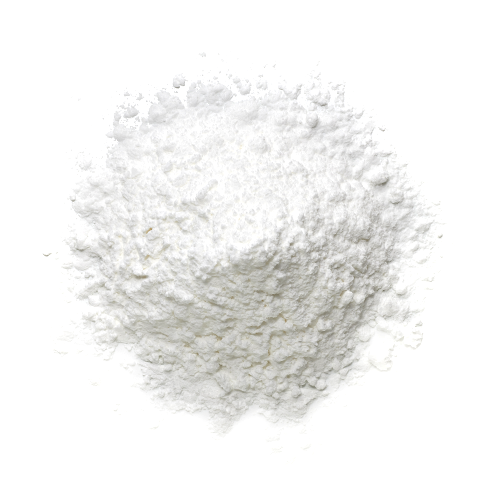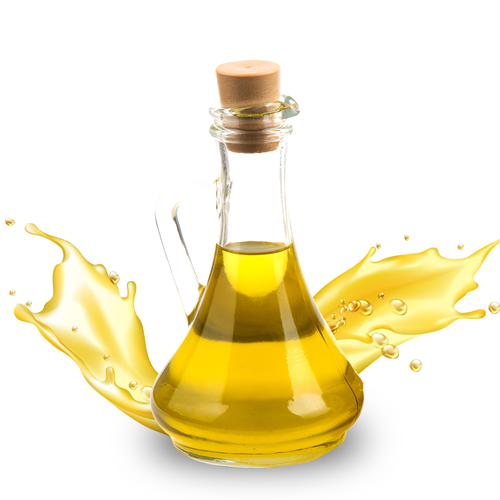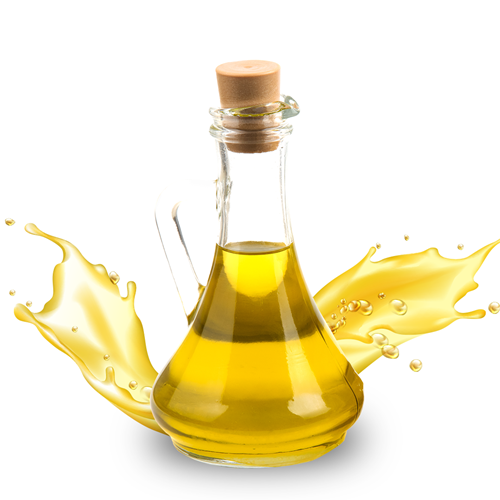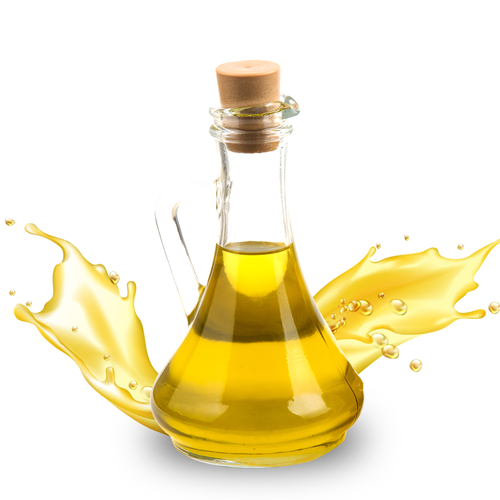Menu
Add description, images, menus and links to your mega menu
A column with no settings can be used as a spacer
Link to your collections, sales and even external links
Add up to five columns
Add description, images, menus and links to your mega menu
A column with no settings can be used as a spacer
Link to your collections, sales and even external links
Add up to five columns
LOOKING FOR BULK INGREDIENTS PRICING?

Benifits Of Transglutaminase - Wholesale B2B Bulk Suppliers in Europe
Understanding Transglutaminase: Functions, Applications, and Benefits
Introduction
Transglutaminase, often nicknamed the “meat glue” enzyme, is a naturally occurring enzyme that catalyzes the cross-linking of proteins. While it is widely used in the food industry to improve texture and binding, it also has significant applications in biotechnology, pharmaceuticals, and cosmetics. By forming covalent bonds between proteins, transglutaminase enhances the structural integrity, stability, and functional properties of various products.
What is Transglutaminase?
Transglutaminase is an enzyme that catalyzes the formation of a covalent bond between the γ-carboxamide group of glutamine residues and the ε-amino group of lysine residues in proteins. This reaction is often referred to as protein cross-linking. Found naturally in plants, animals, and microorganisms, transglutaminase is essential for biological processes like blood clotting, skin barrier formation, and tissue stabilization.
Natural Sources of Transglutaminase
-
Animal Sources: Blood plasma, liver, and fish tissues.
-
Microbial Sources: Microbial transglutaminase (MTG) produced by Streptomyces species is widely used in commercial applications.
-
Plant Sources: Present in small amounts in certain seeds and plant tissues.
Industrial Applications
1. Food Industry
Transglutaminase is valued for its ability to improve texture, firmness, and elasticity in various food products.
-
Meat Processing: Enhances binding of meat cuts to create uniform portions and reduce waste.
-
Dairy Products: Improves texture and creaminess in cheese and yogurt.
-
Bakery Items: Strengthens gluten networks, leading to better dough elasticity and volume.
-
Plant-Based Foods: Improves protein texture in vegan meat substitutes.
2. Pharmaceuticals and Biotechnology
In pharmaceuticals, transglutaminase is used for drug delivery systems, tissue engineering, and wound healing research due to its cross-linking capabilities that mimic natural tissue bonding.
3. Cosmetic Industry
It is used in cosmetic formulations for skin barrier repair, improving texture in creams, and enhancing product stability.
Health and Safety Considerations
Microbial transglutaminase is generally recognized as safe (GRAS) by regulatory authorities for food use. However, it is important to use it in controlled quantities, and individuals with certain allergies or sensitivities should consult health professionals before consuming products containing transglutaminase.
Advantages of Using Transglutaminase
-
Improves product texture and consistency.
-
Reduces waste in meat processing.
-
Enhances nutritional value of plant-based proteins.
-
Offers broad industrial versatility.
Market Demand and Growth
With the rising trend of plant-based foods, clean-label products, and food innovation, the global demand for transglutaminase is steadily increasing. The enzyme's multifunctional nature makes it a preferred choice for food manufacturers seeking to enhance product appeal without synthetic additives.
Final Thought
Transglutaminase is far more than just “meat glue.” Its ability to naturally bond proteins opens endless possibilities in food, health, and industrial applications. As consumer preferences shift towards innovative, sustainable, and high-quality products, this enzyme is poised to play an even greater role in shaping the future of food technology and biotechnology. By understanding its functions and benefits, manufacturers and researchers can harness its full potential for both creative and functional advancements.
For bulk orders and inquiries, visit Reveda - Transglutaminase
BUY ONLINE IN USA FROM REVEDA - The leading manufacturer B2B Bulk Wholesale Supplier of Transglutaminase in Europe
Also in Reveda: Health & Wellness

Benifits Of Omega-3 Fish Oil EE - 460 MG/G EPA & 180 MG/G DHA - Wholesale B2B Bulk Suppliers in USA
Read More
SUBSCRIBE NOW ...
Don't miss to get latest updates on sales, new releases and promotions

